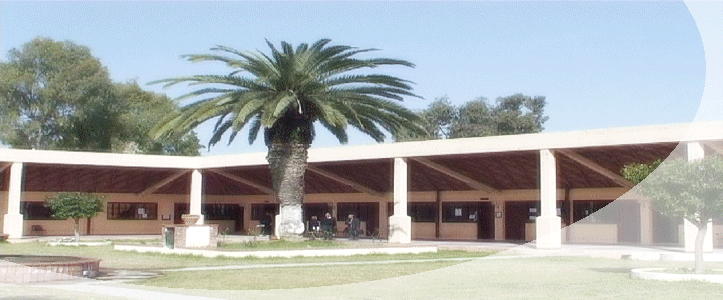 |
..  useful links useful links
*
http://www.bacweb.tn/
see more
 Ask your question Ask your question
 Contact us Contact us
|
 |
Unit 2: Education Matters: Essays
 Essay1: Essay1:
Lifelong learning:
Lifelong learning is the concept that” it’s never too late or too soon for leaning”. It’s
related to people’s attitudes that one can and should be open to new ideas, skills or
behaviors.
It throws the axiom “you can’t teach an old dog new tricks out the door». It helps
citizens to be provided with learning opportunities at all ages and in numerous contexts;
at work, at home, and through leisure activities, not just through normal channels such
as school and higher education.
Lifelong learning is accomplished through distant learning, e-learning, continuing
education, home schooling or correspondence course. It also includes postgraduate
program for those who want to improve their qualification. It’s used by organizations to
promote more dynamic employees. In later life, especially in retirement, continued
learning takes diverse forms, crossing traditional academic bounds and including
recreational activities.
 Essay2: Essay2:
The role of Education:
Every girl and boy is entitled to education regardless of their social or economic status.
Enabling girls to access the intellectual and social benefits of basic education ensure that
their rights are protected and fulfilled and greatly enhances the range of choices
available to them as women. Furthermore, girls’ education has profound and long-
lasting benefits for families and entire communities.
Women with some formal education are more likely to delay marriage and childbirth. In
fact, they ensure that their children are immunized, be better informed about their own
and their children’s nutrition requirements.. As a result, their children have higher
survival rates and tend to be healthier and better nourished.
 Essay3: Essay3:
E-learning
“Online learning, learning far away from school, holds an incredible amount of promises:
Learning on your own time, from your own time and at your own pace. It gives you the
flexibility and the freedom to take your classes whenever and wherever you like.”
To what extent do you agree with this point of view?
Do you think that on-line learning is a good alternative to traditional
learning?
It is undeniable that e-learning has become an alternative to the traditional way of
learning. Indeed, it holds an incredible amount of promises to different pupils in various
situations. Personally, I do believe in its efficiency and practicality due to various
reasons.
Virtual schools do not only give you the flexibility and the freedom to take your classes
whenever and wherever you want but they also help you work at your pace. Firstly,
e-learning offers pupils an opportunity to get rid of heavy bags and to sit on
uncomfortable desks and chairs. Secondly, bullied children will be able to learn and
achieve their dreams without being frightened by older pupils. Added to that, it is a
chance to home-educated students to pursuit their studies as well as the students
belonging to families abroad. I also think that cyber-learning is attractive and
captivating to the new generations. The use of computer skills in their studies
encourages them to improve their abilities in different subjects.
All in all, I cannot deny the drawbacks of e-learning including health effects such as
backaches, shortsighted eyes and obesity. I should say that e-learning is more
efficient when we use it wisely and prudently.
Lifelong learning is the concept that” it’s never too late or too soon for leaning”. It’s
related to people’s attitudes that one can and should be open to new ideas, skills or
behaviors.
It throws the axiom “you can’t teach an old dog new tricks out the door». It helps
citizens to be provided with learning opportunities at all ages and in numerous contexts;
at work, at home, and through leisure activities, not just through normal channels such
as school and higher education.
Lifelong learning is accomplished through distant learning, e-learning, continuing
education, home schooling or correspondence course. It also includes postgraduate
program for those who want to improve their qualification. It’s used by organizations to
promote more dynamic employees. In later life, especially in retirement, continued
learning takes diverse forms, crossing traditional academic bounds and including
recreational activities.
|
